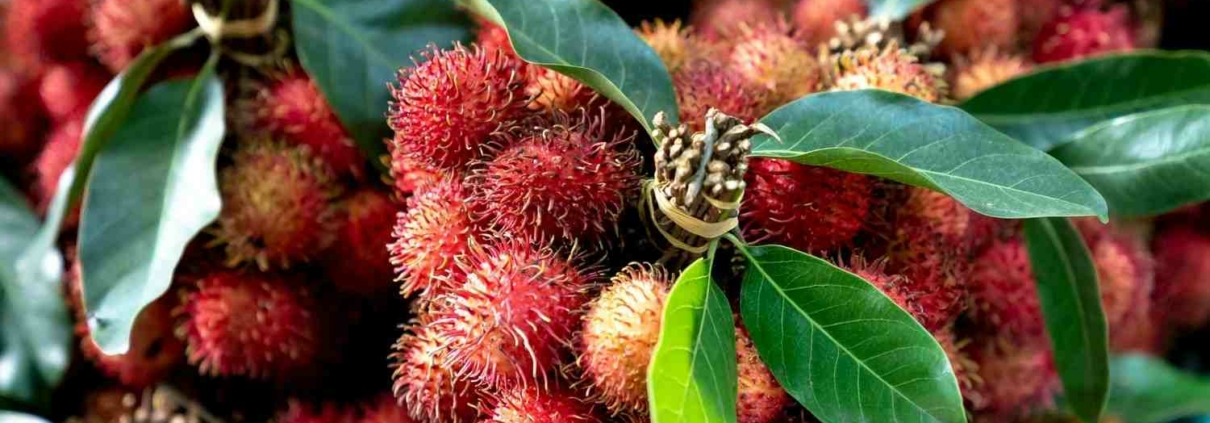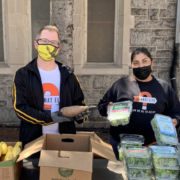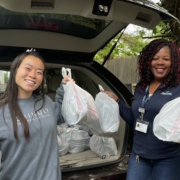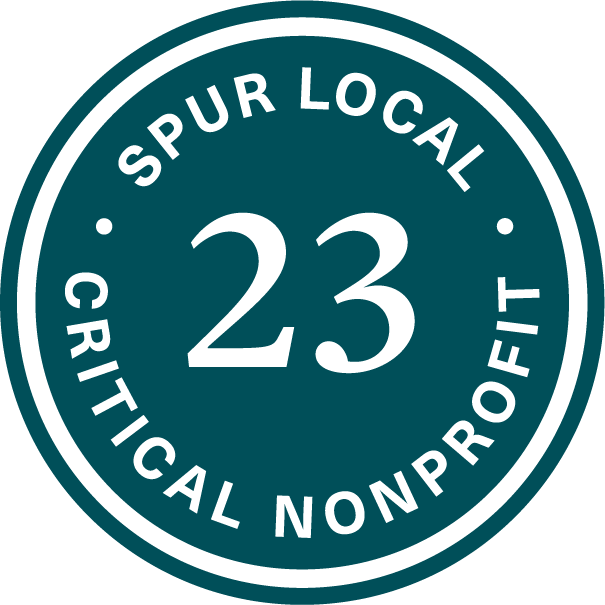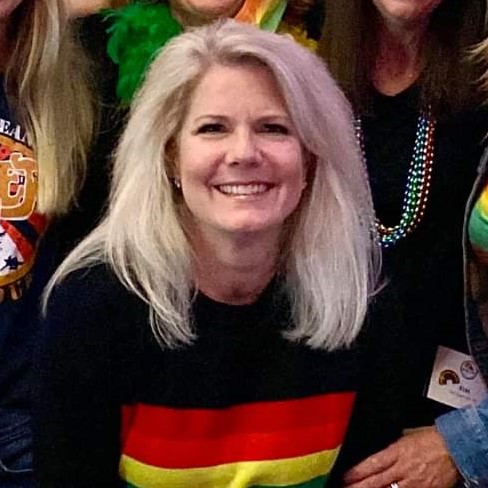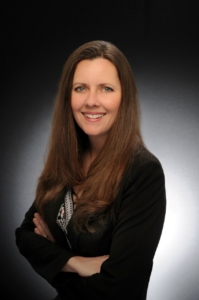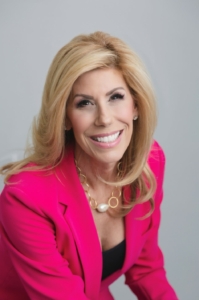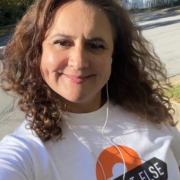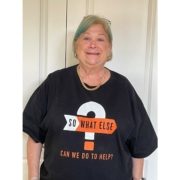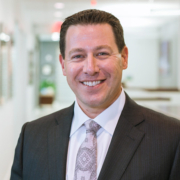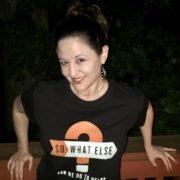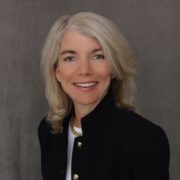Finding a Home for Misfit Food: How Strategic Partnerships and Programs Help to Maximize the Utility of Recovered Foods
A pallet of rambutans, a gallon of syrup, a 50-pound box of frozen solid chicken legs – like most food rescue operations, sometimes it’s a struggle to find helpful uses for the various food items we receive. Sourcing nearly all of our food via recovery means we have little to no control over the types of items we’re given, and because we want to maintain positive relationships with our food suppliers we seldom turn down a pick-up, regardless of what’s in it. However, this can make it difficult to adequately support our underserved clients if items aren’t compatible with or accessible to them.
For example, imagine we receive a large pick-up of frozen turkeys from a local meat supplier. While many might see a free turkey as a luxury, clients living in shelters without access to a kitchen would not have the means to store or prepare a large bird. Or imagine that a company specializing in bulk items for restaurant kitchens sends us a truck full of 40-pound buckets of pickles. While this might be useful for a family driving by with a van, for a single individual walking 3 miles to get to our distribution, they wouldn’t be able to carry such a large item, let alone get enough use out of it to be worth the arduous trek to get it home.
Factors like kitchen access, familiarity with food items, capacity to consume items before expiration, storage capacity at home, ability to carry large food items, access to a car, ability to cook, distance, and reliable access to gas and/or electricity often determine what foods individual clients can or cannot make use of, resulting in some items piling up without any clients to take them. So to ensure food goes where it will have the greatest impact, we’ve made it our mission to find creative uses and partnerships for otherwise “unusable” or “unwanted” food items.
One organization helping to give “undesirable” food a new life is Shepherd’s Table, an incredible kitchen in Silver Spring, MD. Taking in large, bulk items from So What Else, Shepherd’s Table can create hot meals for unhoused community members in their large production kitchen, taking huge boxes our clients previously couldn’t use and making accessible meals with them in turn. Shepherd’s Table is also currently running a 12-week culinary skills class where community members can learn the skills needed to work in a restaurant kitchen. Now So What Else food items are helping to train the next generation of chefs, instead of piling up in our warehouse.

Shepherd’s Table Kitchen in Silver Spring, MD
In addition to Shepherd’s Table, the So What Else Food Rescue Bank partners with several other kitchens across the Baltimore-Washington metropolitan region that serve unhoused clients- the perfect recipients for many of the “unloved” items we receive. Rather than give a five-gallon bucket of soy sauce, or a 50-lb bag of rice, or a 20-lb box of soup stock to a single family that couldn’t store nor use them before expiring, we’re able to deliver these items to professional kitchens, supporting the creation of hundreds, sometimes thousands of ready-to-eat meals for families.

Bulk food delivered to Shepherd’s Table by So What Else
Item familiarity and the ability to cook are also interrelated factors affecting our ability to distribute recovered food items, particularly those sourced from international grocery stores. Picture a local Korean grocery store sending us a large load of seaweed soups, but the labels are entirely in Korean. Not only are the ingredients in the soups unfamiliar to clients, many of whom have never eaten seaweed but likewise, without being able to fully read the labels, many clients opt to leave those items in favor of items they know and feel comfortable with. Or imagine a grocery store sending us a large box of Yucca. To some clients, this is not only an item they’ve never tried, but also one they’re unsure of how to prepare, especially if they aren’t comfortable cooking.
To ensure these items are not wasted, So What Else works with targeted partnerships to distribute products to the communities most familiar with them. Working with Korean, Hispanic, and African organizations and churches, we can provide immigrant and asylum-seeking communities with much-needed resources, while keeping food out of landfills. Further, when possible, So What Else is proud to spearhead initiatives to educate clients on unfamiliar foods and the best ways to use them, such as through the Tasty Thursdays cooking demonstration, hosted by Chef Eli in Baltimore, MD, which teaches clients at The Food Project how to use and prepare the recovered food items they’re receiving.
Food recovery isn’t always easy, especially when the items we receive aren’t the traditional, packaged products clients can find on grocery store shelves. By finding creative solutions to best allocate resources, the So What Else Food Rescue Bank can ensure no item goes to waste, reducing carbon emissions from food decomposition, all while keeping communities fed and recovery partners happy.

